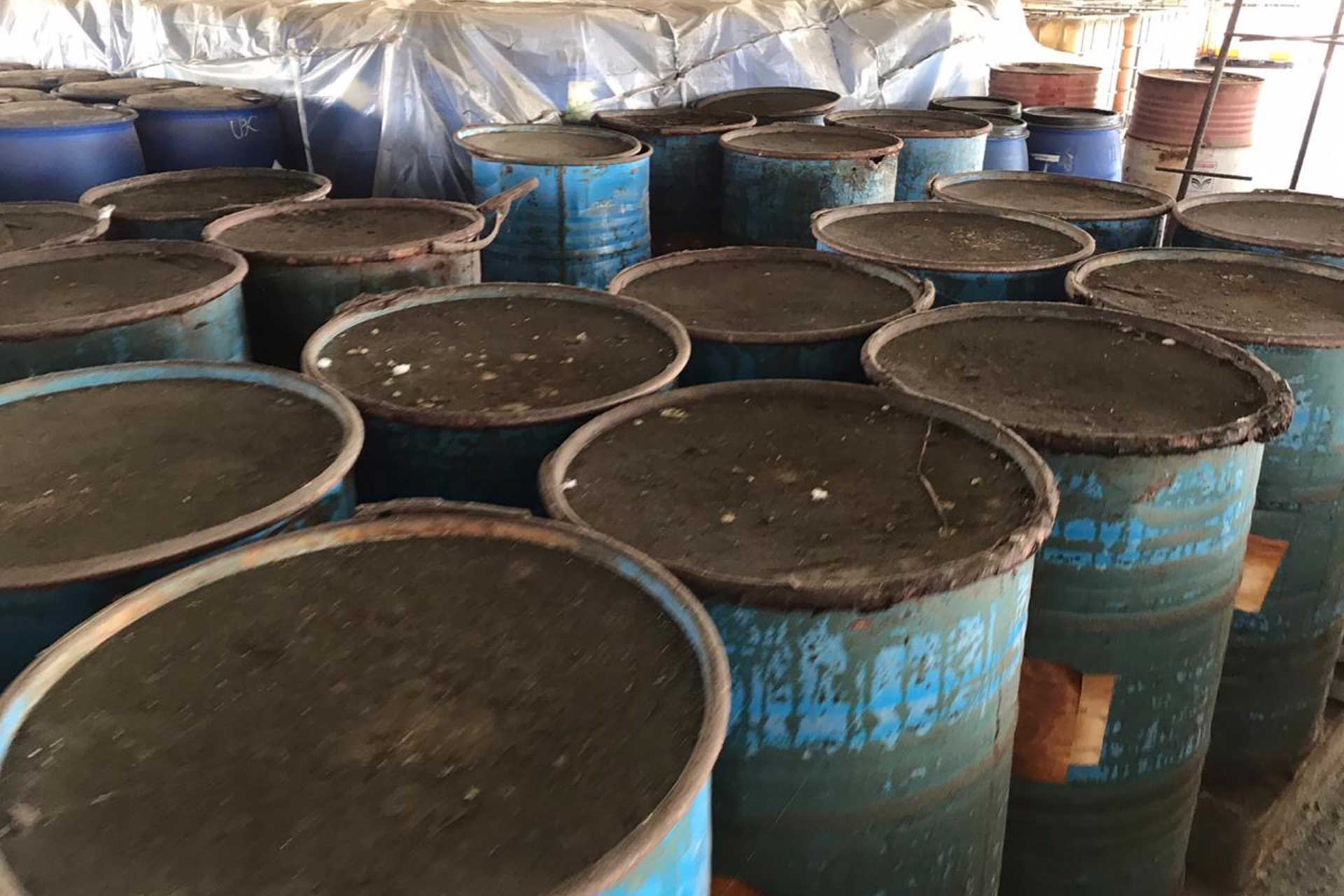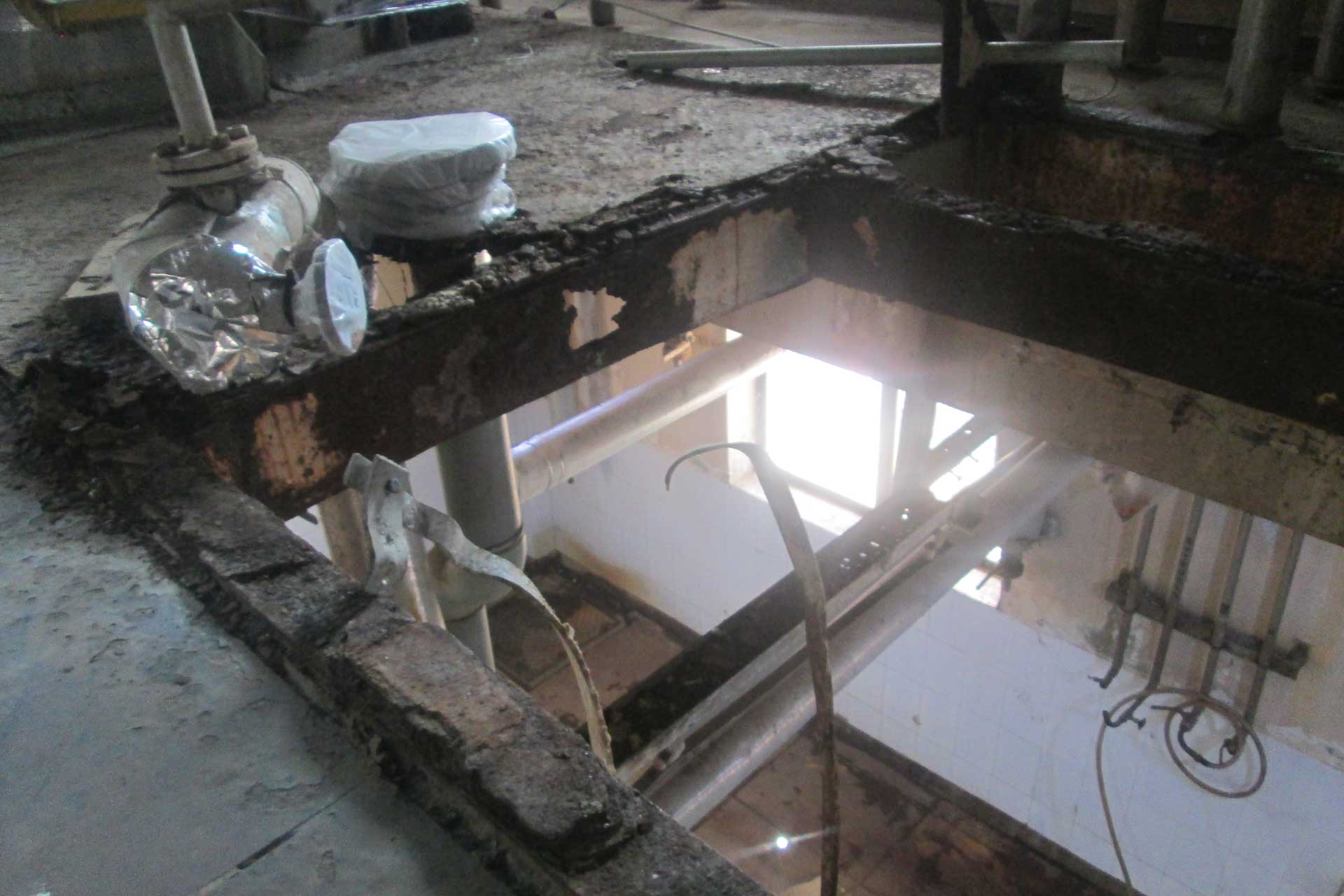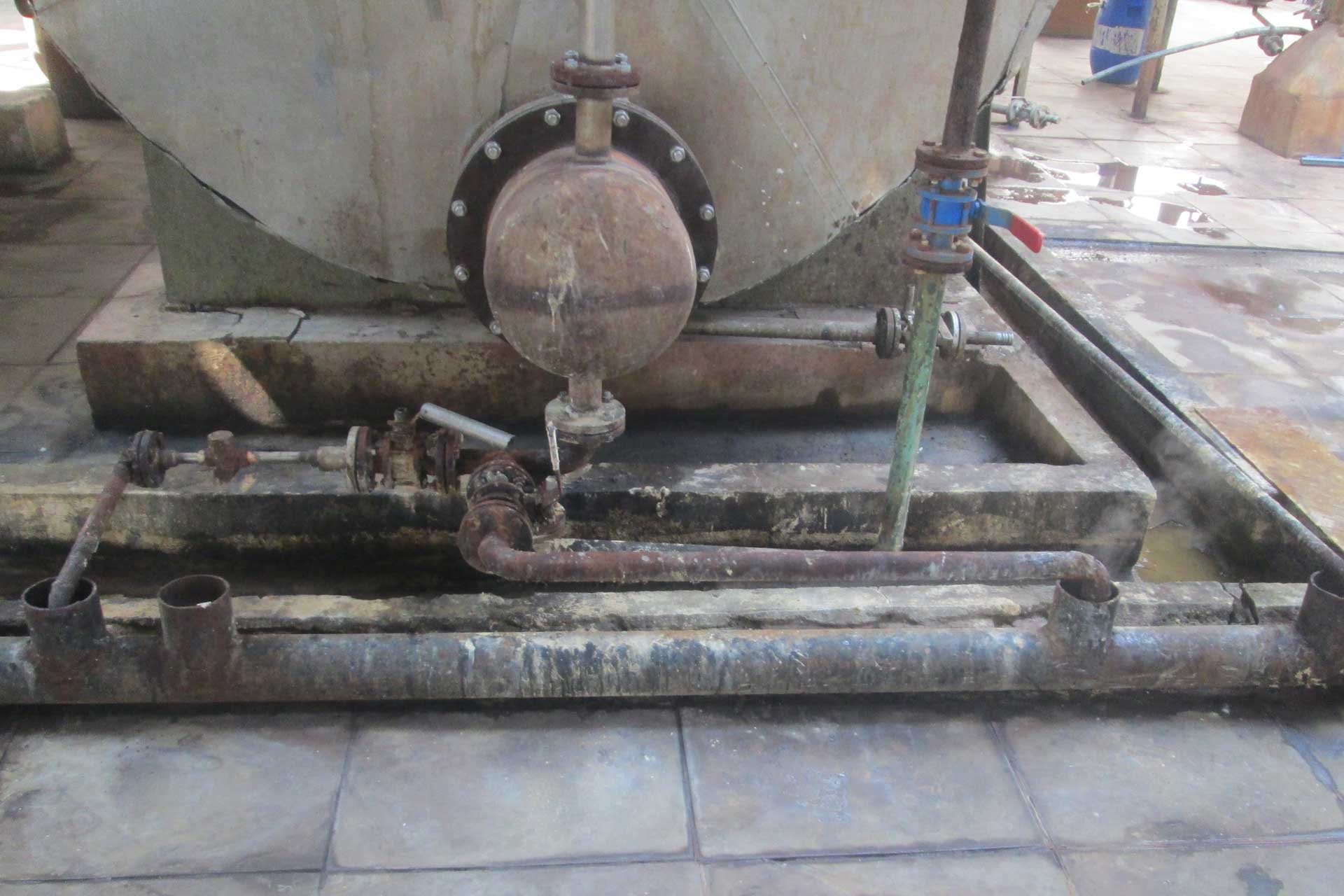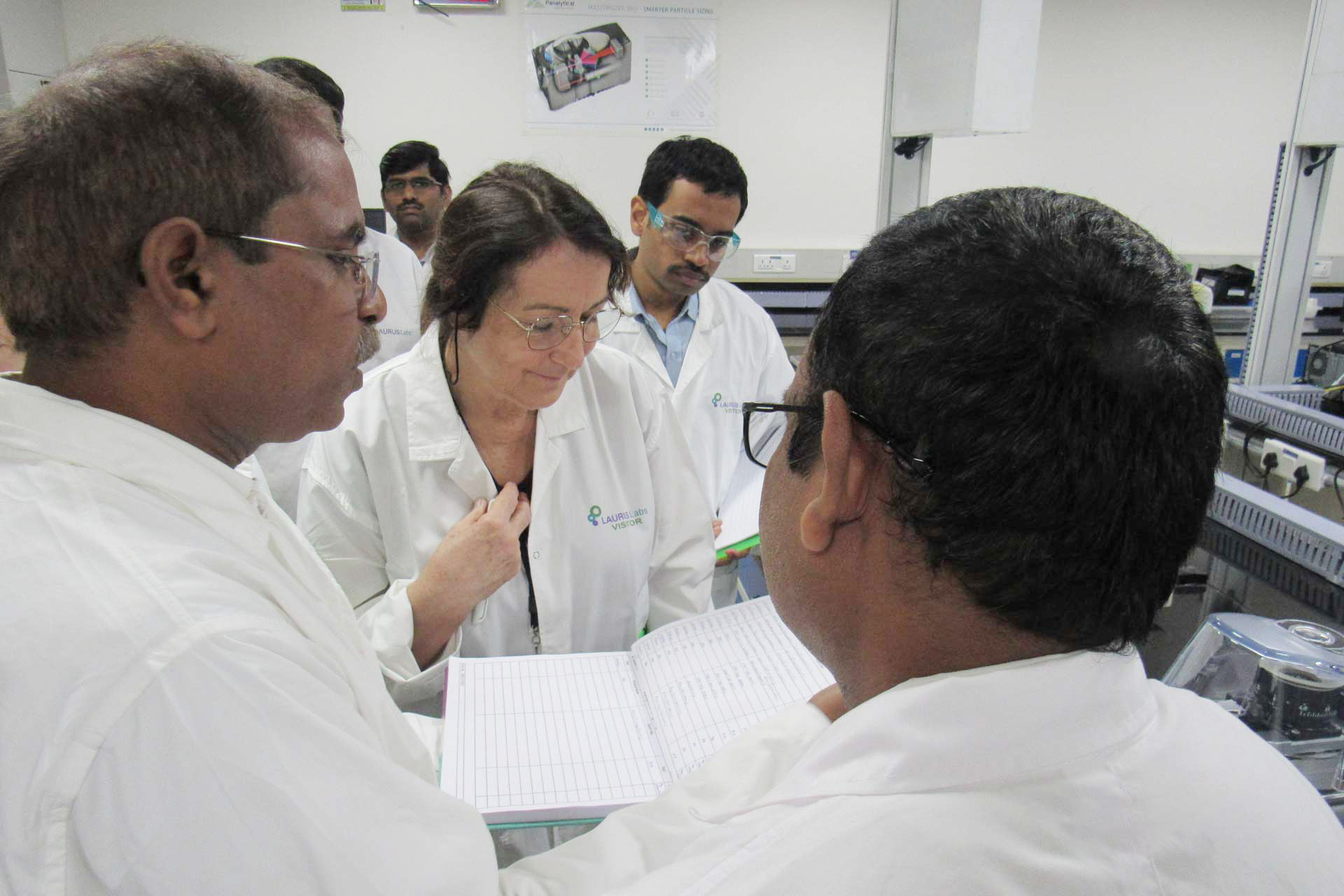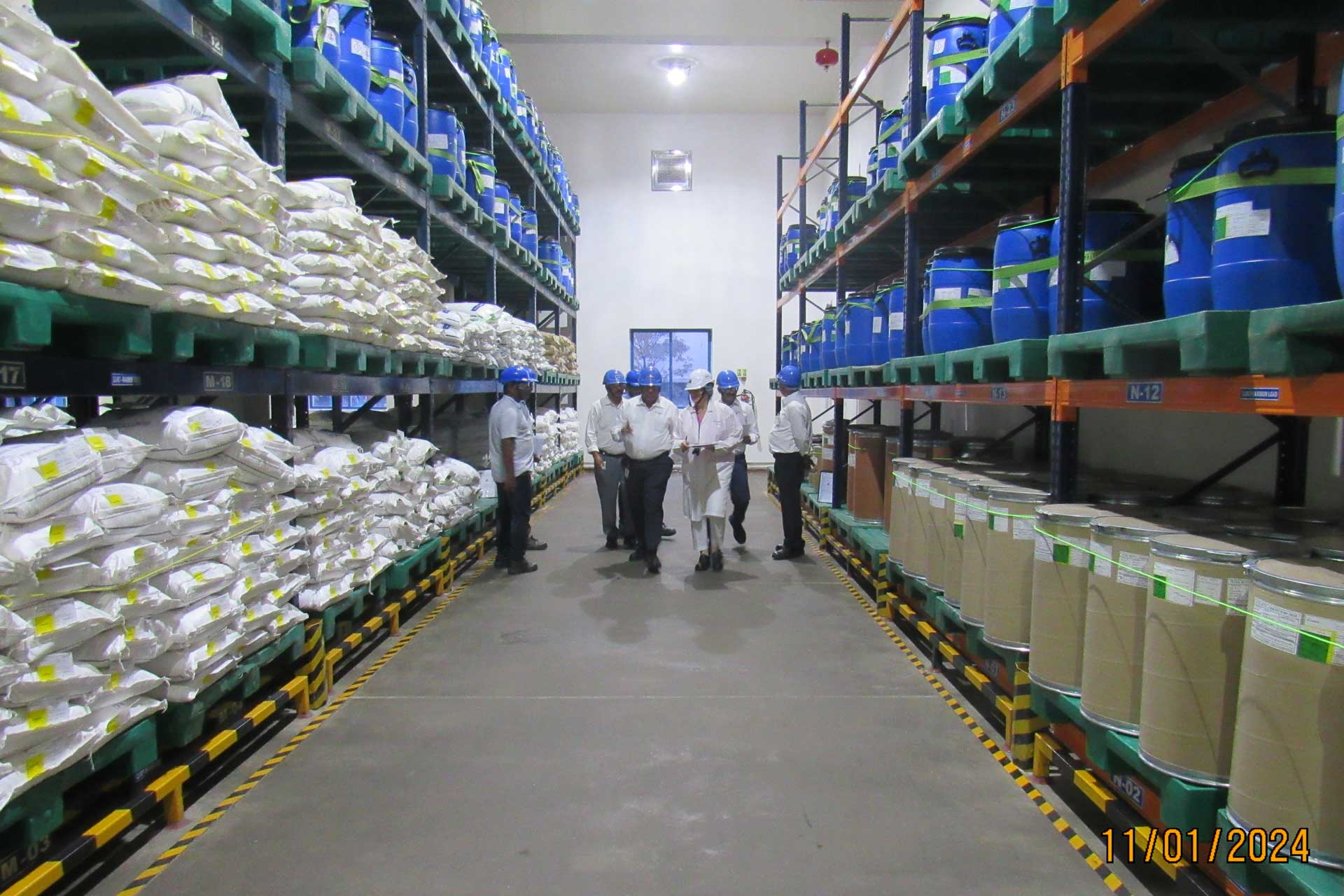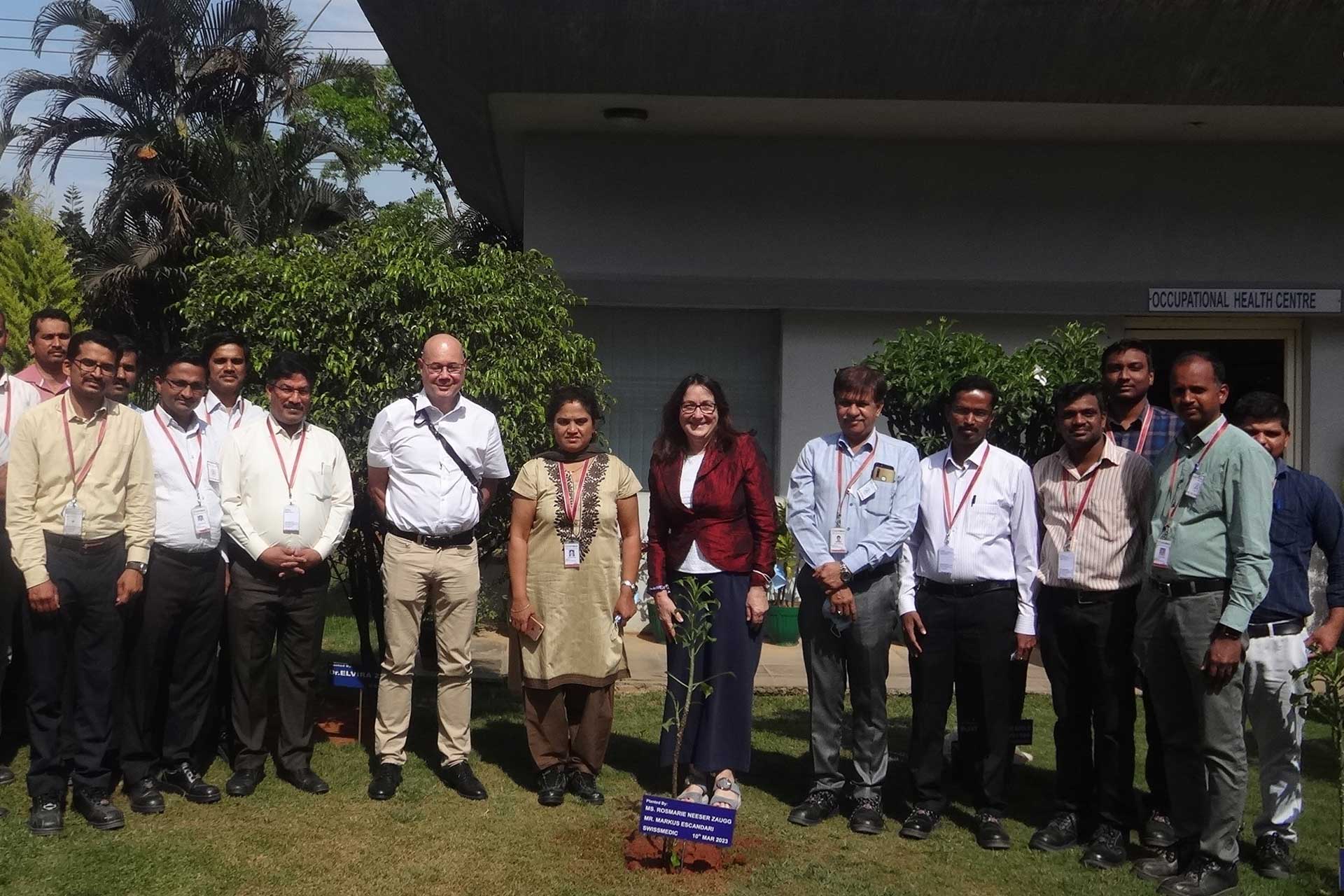Inspections abroad “We only find the deficiencies we look for”
Inspector Rosmarie Neeser visits medicinal product factories in India and China on behalf of Swissmedic. During her work she is often fascinated and shocked at the same time.
Rosmarie Neeser, which country are you currently focusing on in your role as inspector?
India. We want to inspect an Indian company that supplies an active substance to Switzerland. But sometimes it’s really not easy to locate a factory of this type.
Why is that?
Because countries like India and China don’t have commercial registers. According to Google Earth, the factory we’re currently planning to inspect has six sites with 1,000 employees each in the town of Visakhapat- nam alone. Which of the many sub-companies produces this active substance? At which site? In which building? The Swiss companies that hold the authorisation for the active substance have been unable to provide any information so far. Sometimes we also find “shadow factories” which produce the active substance we’re interested in but are not named in the authorisation documents at Swissmedic.
Do you sometimes feel like a detective?
Sometimes I do! We need to think outside the box and also look in places that ought to be impossible. We find deficiencies everywhere. And some of them could have serious consequences. We also repeatedly have to overcome linguistic and cultural obstacles. We have to recognise local people’s codes and respond to them appropriately.
Can you just walk into a factory in India and inspect it?
No, we need a visa – and to get a visa we need an invita- tion from the Indian company. The companies almost never obstruct our inspections because they know that they would then no longer fulfil the conditions for authorisation. The inspection is also a major opportunity for many companies, because if everything is OK, then we’ll issue a GMP certificate for them. The abbreviation stands for Good Manufacturing Practice.
In Switzerland companies are given time to remedy any deficiencies as part of the Compliance Management process. Do you give Indian and Chinese companies this chance too?
That can certainly happen. In 2023, for example, we noticed during an inspection of an Indian factory that the managers avoided accompanying us into certain production rooms. We realised at once that they knew the rooms were toxic. There were no airlocks anywhere, so the highly active substances for cancer therapy that they were producing there could unwittingly be transferred out of the rooms. The processes were not closed and the employees were removing the highly toxic substances from the centrifuge using a hand shovel.
How did you prove your suspicion?
We terminated the inspection. When I subsequently checked the documentation I noticed a yellow stain on the paper. Yellow – just like the highly active substance! I ran out of the room to wash my hands. Our laboratory did in fact subsequently identify the highly toxic active substance on the paper. My colleague also had a rash on his head the next day. Since all the other requirements were fulfilled at the factory, we gave them the chance to reconfigure production in such a way as to make contamination impossible in the future. We’ll be checking that too. But if they put their employees or the environment at risk with highly toxic substances, there’s nothing we can do.
So you turn a blind eye in such circumstances?
Unfortunately, yes. We have no mandate to check compliance with environmental or social standards – that’s a political decision. Global standards would help enormously here, but we’re light years away from that yet. It’s a worry, but there’s nothing we can do about it. I can only have an impact on deficiencies that affect the quality of the medicinal products, such as cleanliness in and around the factory. I experience things that shock me and things that fascinate me on my travels. I see extreme poverty, accumulated waste and contaminated rivers, but also companies who, thanks to their entrepreneurial spirit and environmental awareness, are very successful.
Swissmedic has been carrying out inspections abroad for just over two years. How would you summarise your experience?
We were doing inspections in other countries before, but in collaboration with international organisations such as the WHO (World Health Organization) or EDQM (European Directorate for the Quality of Medicines & HealthCare). One thing we repeatedly notice is that in countries with an emerging economy the difference between very good and very poor companies is much greater than in Switzerland. It’s all the more important to look in hidden places and really check absolutely everything. Because we only find the deficiencies we look for. What is decisive is the fact that the inspectors are highly qualified, experienced and appropriately trained by Swissmedic.
